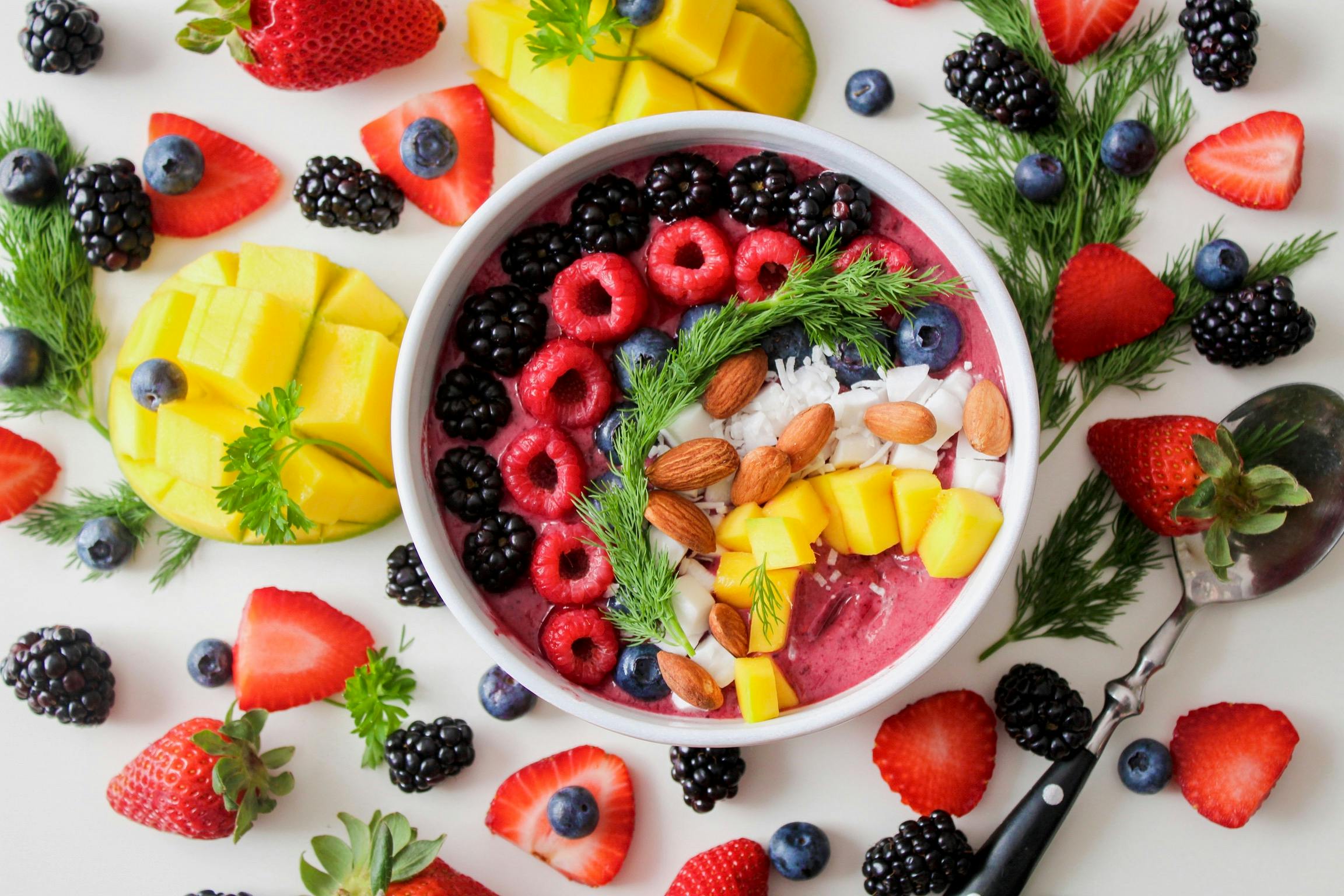



Fueling Health Through Nutrition
Although “superfood” is a marketing term, it refers to foods exceptionally rich in nutrients and antioxidants. In April and May of 2024, we focused on consuming foods from this list while avoiding added sugars and highly processed foods. While we still ate meats and poultry and drank plenty of water, within six weeks, we noticed significant improvements in overall health, including better eyesight and hearing. Making healthy food affordable is undoubtedly the most crucial step we can take to improve the quality of life globally.
Berries are packed with antioxidants and fiber. They are a great source of vitamin C and other essential nutrients.
Fatty fish, such as salmon, tuna, and mackerel, are a great source of omega-3 fatty acids. Omega-3s are essential for heart health and brain function.
Nuts and seeds are a good source of healthy fats, protein, fiber, vitamins, and minerals. They are a great snack or addition to meals.
Avocados are a good source of healthy fats, fiber, potassium, and vitamins. They can be enjoyed in a variety of ways.
Whole grains are a good source of fiber, complex carbohydrates, and B vitamins. They can help you feel full and satisfied.
Sweet potatoes are a good source of complex carbohydrates, beta-carotene, and fiber. They are a versatile ingredient that can be enjoyed in many dishes.
Yogurt is a good source of protein, calcium, and probiotics. Probiotics are live bacteria that are beneficial for gut health. Choose plain yogurt and add your own fruit and toppings.
Quinoa is a complete protein, which means it contains all nine essential amino acids. It is also a good source of fiber, iron, and magnesium.
Garlic and onions are members of the allium family and have been shown to have a number of health benefits, including reducing the risk of heart disease and cancer.
Broccoli is a cruciferous vegetable that is packed with nutrients, including vitamin C, fiber, and potassium. It is also a good source of sulforaphane, a compound that may help protect against cancer.
Leafy green vegetables, like kale, spinach, and collard greens, are loaded with vitamins, minerals, and fiber. They are also low in calories.
Cruciferous vegetables, such as cauliflower, Brussels sprouts, and cabbage, are packed with nutrients and may help protect against cancer.
Tomatoes are a good source of vitamins A and C, as well as lycopene, an antioxidant that may help protect against cancer.
Beans and legumes are a great source of plant-based protein, fiber, and folate. They are also a good source of iron and other minerals.
Green tea is a rich source of antioxidants and may help boost metabolism and improve brain function.
Turmeric is a spice that contains curcumin, a compound with powerful anti-inflammatory and antioxidant properties.
Sweet peppers are a great source of vitamin C and antioxidants. They are available in a variety of colors, each with its own unique set of nutrients.
Eggs are a good source of protein, healthy fats, vitamins, and minerals. They are a versatile ingredient that can be enjoyed in many dishes.
Flaxseeds are a good source of omega-3 fatty acids, fiber, and lignans, which are plant compounds with potential health benefits.
Chia seeds are a good source of fiber, protein, omega-3 fatty acids, and antioxidants. They can be added to smoothies, yogurt, or oatmeal.